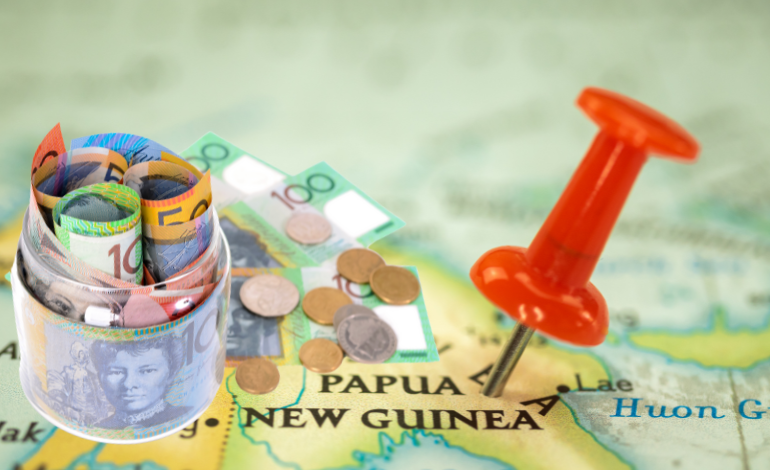Papua New Guinea stands at a crucial juncture in its economic journey, grappling with significant foreign exchange (forex) challenges even as it embarks on a path of substantial economic reforms. The Bank of Papua New Guinea (BPNG) has taken notable steps to alleviate the persistent forex shortages that have long hindered the country’s economic growth. However, the complexity of the forex market and the broader economic environment present both opportunities and challenges that must be carefully managed.
BPNG has acknowledged the dire state of the forex market, describing it as being on “life support.” The central bank has started releasing more foreign exchange into the market, injecting over US$1.5 billion in 2023 alone. Despite this significant infusion, the demand for forex remains unsatisfied, causing continued strain on businesses that rely on foreign currency for imports and other transactions. The situation is further complicated by the BPNG’s decision to rule out a sharp devaluation of the kina, opting instead for a gradual depreciation. This approach aims to prevent a sudden drop in the currency’s value while allowing market forces to gradually align the kina with its true market value.
This cautious stance by BPNG reflects a delicate balancing act. On one hand, a sharp devaluation could have immediate, severe repercussions for the economy, potentially exacerbating inflation and undermining public confidence. On the other hand, the slow pace of depreciation may not be sufficient to address the urgent forex needs of the business community, leading to continued economic stagnation and missed opportunities for growth.
In parallel with these forex measures, PNG has initiated a comprehensive economic reform programme in collaboration with the International Monetary Fund (IMF). This three-year programme focuses on fiscal repair, addressing forex shortages, and reforming the operations of BPNG. Unlike typical IMF programs that intervene during crises, this proactive approach by PNG seeks to fortify the economy against potential future shocks and ensure sustainable growth.
The reforms are designed to improve fiscal discipline, enhance the transparency and efficiency of public finances, and create a more conducive environment for business and investment. Central to these efforts is the aim to boost economic activity and attract foreign investment, which could, in turn, help alleviate the forex shortages by increasing the inflow of foreign currency into the country.
However, the success of these reforms hinges on their implementation and the ability of the government and BPNG to navigate the complex interplay of market forces and policy measures. The gradual depreciation of the kina, while strategically sound, must be accompanied by robust measures to enhance forex availability and support economic activities that generate foreign currency.
PNG’s approach to managing its forex crisis and economic reforms reflects a nuanced understanding of its economic realities. The central bank’s cautious stance on currency depreciation, coupled with comprehensive economic reforms, offers a balanced path forward. Yet, the true test lies in the effective execution of these policies and the ability to adapt to evolving economic conditions. As PNG strives for a more stable and prosperous future, the interplay between forex management and economic reform will be crucial in shaping its economic trajectory.



